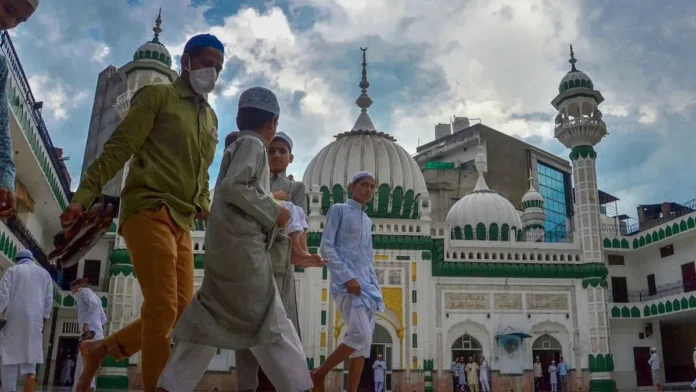In Nagaland, the Jame Masjid board, purportedly led by a notorious drug kingpin from the Northeast region, has been dissolved. The decision to dissolve the board comes amid mounting concerns over its alleged involvement in illicit activities and its purported connections with the drug trade in the region.
The dissolution of the Jame Masjid board follows extensive investigations by law enforcement agencies into the activities of the alleged drug kingpin and his associates. Authorities have been closely monitoring the activities of the Jame Masjid board and its alleged links to illicit drug trafficking networks operating in Nagaland and neighboring states.
The decision to dissolve the Jame Masjid board was taken after thorough deliberations and consultations with local authorities, community leaders, and concerned stakeholders. The move is aimed at upholding the rule of law, promoting transparency, and restoring public trust in religious institutions in the region.
The dissolution of the Jame Masjid board has been welcomed by residents and community members who have long voiced concerns about the alleged infiltration of criminal elements into religious organizations. The action sends a strong message that the authorities are committed to combating illegal activities and maintaining law and order in Nagaland.
Authorities have pledged to take further steps to prevent the recurrence of such incidents and to ensure that religious institutions operate in accordance with the law and uphold the principles of peace, harmony, and social cohesion. Efforts are underway to establish new leadership structures for the Jame Masjid and to enhance oversight mechanisms to prevent any misuse of religious institutions for criminal activities.
The dissolution of the Jame Masjid board underscores the resolve of the authorities to address the challenges posed by organized crime and to safeguard the well-being and security of the residents of Nagaland. It also highlights the importance of community cooperation and vigilance in combating illicit activities and maintaining the integrity of religious institutions in the region.



